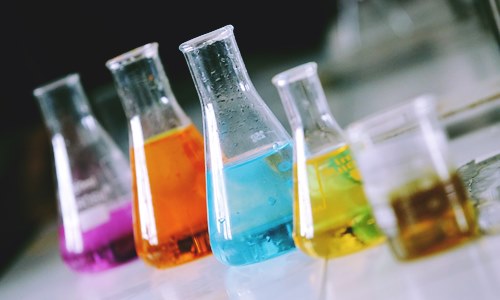
Recent work involving researchers at the Queen Mary University of London shows that graphene can be used to create more durable car hydrogen fuel cells. Published in the Journal Nanoscale, researchers have produced graphene through a scalable technique and utilized it to produce hydrogen fuel cell catalysts. Sources cite that the new type of graphene-based catalyst is more long-lasting and matches its performance to the commercially available catalysts. The researchers tested the durability of the new material by accelerated stress tests, recommended by the US Department of Energy. Using these tests, researchers showed that loss in activity in newly developed Graphene catalyst over the same period was near 30% lower as compared to commercial catalysts. The method mentioned in the study manufactures high-quality graphene decorated in a single-pot synthesis with platinum nanoparticles. This method could be extended to mass production and the use of graphene-based catalysts for specific energy applications can be opened up. Previous work indicated that Graphene could be an ideal material for supporting fuel cells due to high durability, surface area, and conductivity. However, the graphene used for most of the previous experiments contains several defects that do not achieve the expected improved resistance. Presently, the key catalyst for the fuel cells has been Platinum. But its high prices for the commercialization of hydrogen fuel cells has also been a big issue. Commercial catalysts are usually designed to deal with this issue by decorating tiny platinum nanoparticles into cheaper carbon support. However, the low longevity of the material decreases the lives of existing fuel cells considerably. Graphene consists of a single layer in the hexagonal lattice of carbon atoms. Graphene has remarkable properties including high electrical conductivity, high transparency, and high durability considering its relative flexibility in structure. Source Credit -Â https://www.qmul.ac.uk/media/news/2020/se/scientists-develop-new-material-for-longer-lasting-fuel-cells.html#




